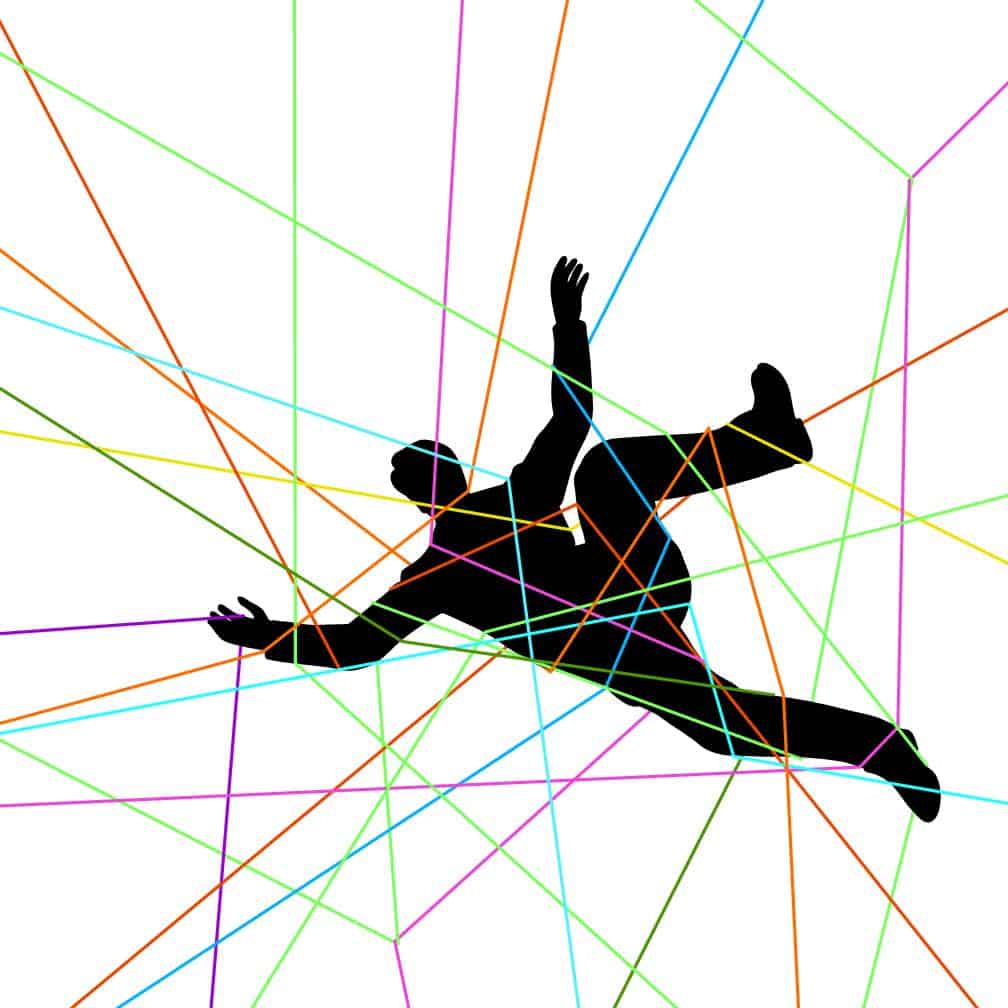Drug and alcohol addiction is often a hidden problem. Like most diseases, it is at its most dangerous while it festers, undiscovered. That said, addiction is also like most diseases in that it also shows some unmistakable symptoms if you know what to look for. The first step of recovery from addiction is for the victim to admit the problem. But sometimes they can’t see it themselves, and that’s where you come in. If your loved one is starting to exhibit some unusual behaviors, and you suspect substance abuse may be involved, look for these 8 signs.
1. Secrets and Lies
One of the most common signs that your loved one has an addiction problem is that they become secretive, isolated, or defensive. Refusal to answer a straight question is a strong sign of addiction here. If you ask “where have you been” and get answered with something evasive like “Why do you care,” it might be because they’re hiding a deeper problem.
2. Unpredictable Mood
Alcohol and narcotics change body chemistry pretty severely, so people who suffer from drug and alcohol addiction may start acting erratically. Sudden outbursts or seemingly unprovoked shifts from positive to negative moods may be linked to substance abuse.
3. Sudden Loss of Property
When someone is suffering from drug and alcohol addiction, it triggers an obsessive, desperate need to continue consuming their substance of choice. Thing is, those substances aren’t free. In many cases, they’re far from it. So if money or valuables around the house start disappearing, it’s often because someone is taking them to finance their habit. This is a potentially destructive sign of addiction.
4. Weight Changes
Fluctuations in weight are a common sign of drug and alcohol addiction, as substance abuse is known to have a major effect on appetite. As a result, eating disorders are often diagnosed in tandem with substance addiction. Keep this in mind if you start to notice severe, unexplained weight gain or loss, as this may be a sign of addiction.
5. Changes in Energy Level and Sleep Patterns
This is something that works both ways, depending on the substance in question. If you notice your loved one being unusually lethargic, or unusually energetic to the point of hyperactivity, this could be a sign of drug and alcohol addiction. Of course, a number of things can contribute to smaller changes in energy level, but if you see major, unexplained changes, substance abuse could be a factor.
6. Disinterest in Hobbies and Passions
You know your loved one as well as anyone. You know what they love to do in their free time and what stokes their passion. And that’s why you can’t understand what’s going on when they act completely disinterested in their favorite sports team or neglect their book collection. Drug and alcohol addiction is an all-consuming disease, that leaves its victims little mental capacity for anything other than feeding the habit. If you notice someone close to you simply ignoring the things that used to drive them, start asking questions about it as a sign of addiction.
7. Withdrawal from responsibilities at home/work
Drug and alcohol addiction changes the way people look at their lives. Their priorities get shifted, usually in ways that aren’t particularly admirable. Someone who is normally dependable will start missing deadlines, forgetting appointments, and just generally being unreliable. When this is a sign of addiction, it is often met with a sense of general apathy about said responsibilities.
8. Changes in overall attitude
There are aspects of this in some of the other signs, but sometimes it isn’t as clear cut as “my loved one used to love photography, and now they’ve stopped.” Sometimes you just need to know your loved one and feel that something just isn’t quite right. They’re a bit too short with you, a bit distant, a little more reclusive and less loving than before. This alone isn’t necessarily a sign of addiction – it could be linked to stress or other emotional factors. But if you notice it in tandem with some of the other listed signs, it could be worth looking into. Remember that addiction affects everyone. Don’t be deterred by claims that something is “none of your business” or that your loved one is “just having a good time.” If you see some of these signs in your loved one, talk to them. Even if you’re not sure, it’s important that you’re able to communicate about it openly. If the symptoms get worse, see about getting them an addiction assessment, to find out for sure if there is a problem, and to what extent. You’re not being invasive – you’re showing love and compassion, which is exactly what they will need during the recovery process.

